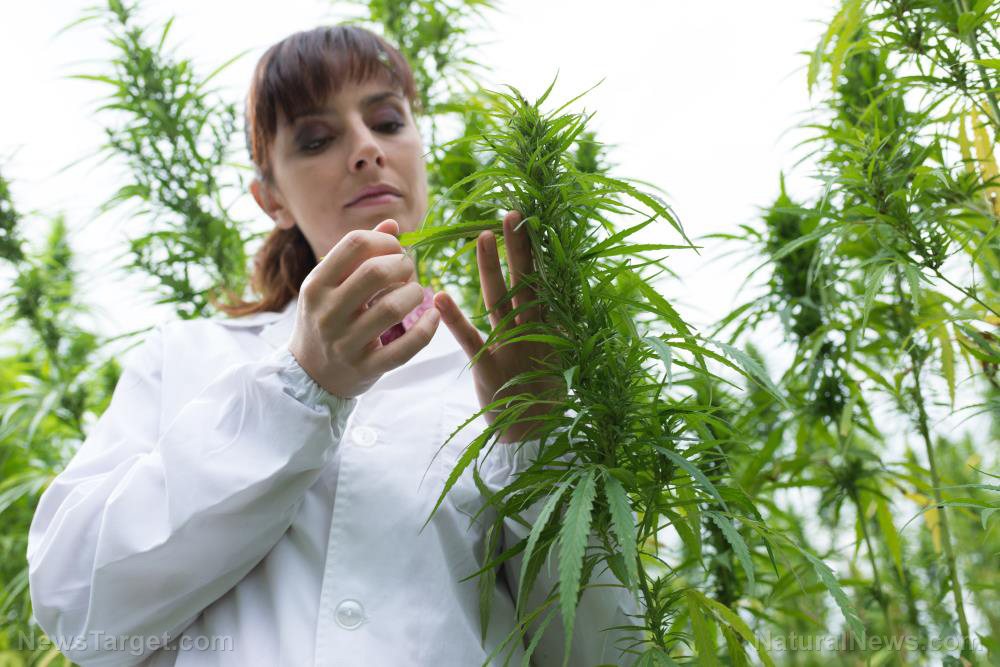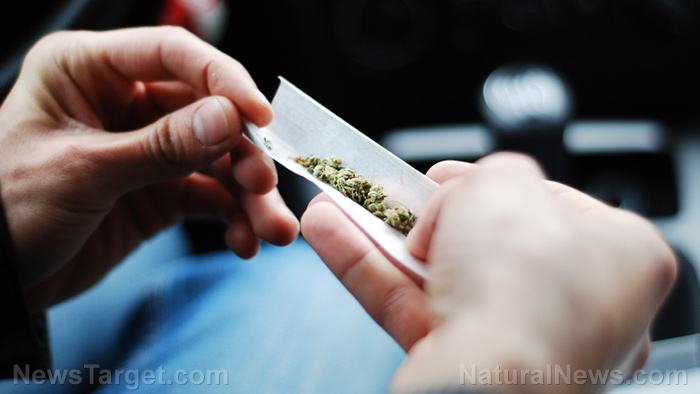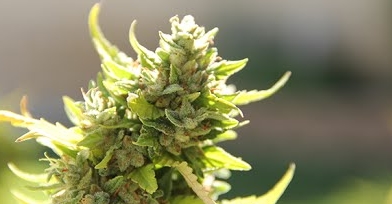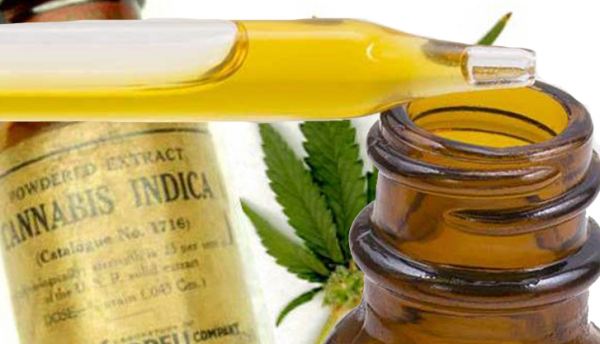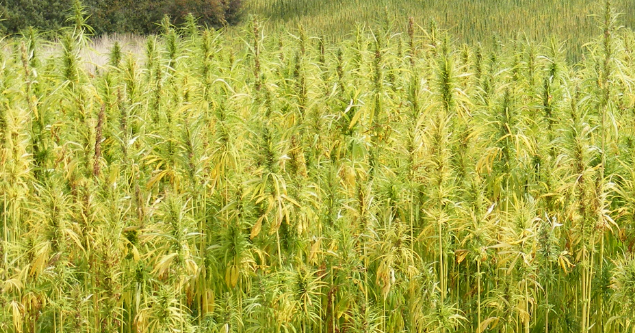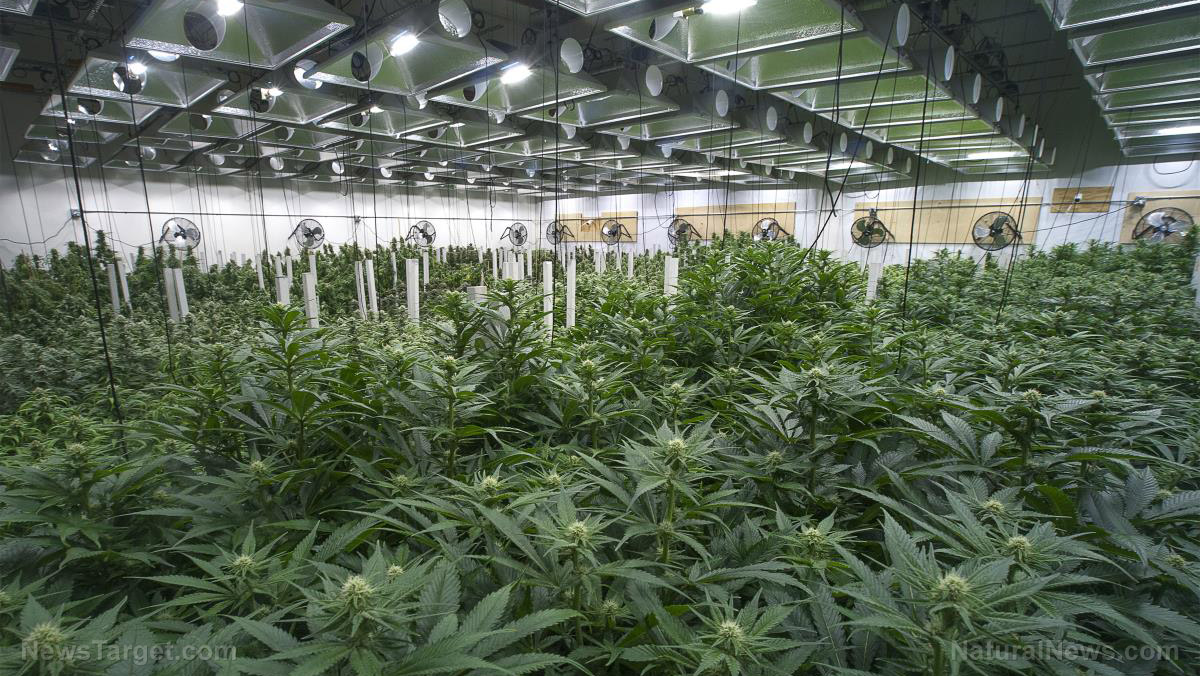How hemp plastic can replace plastic products that have a negative impact on the environment
05/17/2016 / By Claire Rankin
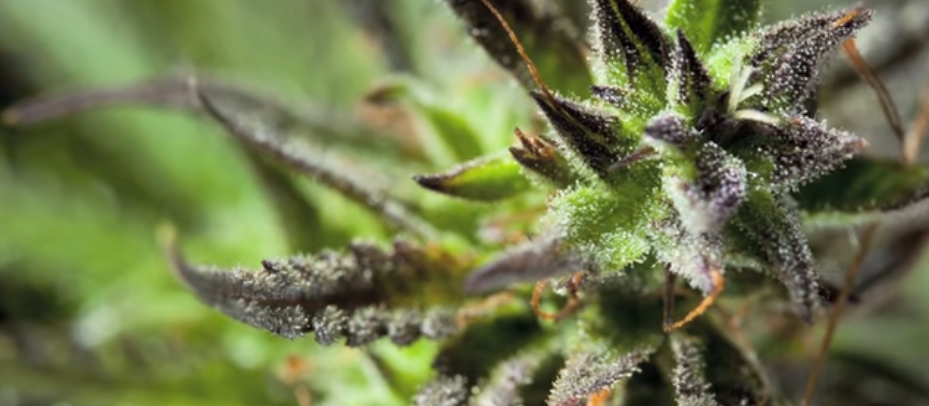
Hemp plastic is a bioplastic made by using industrial hemp, which is one of the strongest natural fibers known to man. There are a variety of hemp plastics manufactured today, from standard plastics reinforced with hemp fibres, to 100% biodegradable hemp plastics.
Hemp certainly is a versatile plant. Hemp seeds and protein powders are a valuable and nutritious food source, while the fibres can be made into textiles, ropes and a host of other products.
Hemp plastic is said to be five times stiffer and 2.5 times stronger than polypropylene (PP) plastic. It does not post the health and safety risks associated with certain plastics and it does not pollute the environment.
What can hemp plastic be used for?
The use of hemp in manufacturing is not new. As far back as 1941, Henry Ford used hemp-and-sisal cellulose plastic to build car doors and fenders, demonstrating that his hemp cars were stronger than steel-bodied cars, by hitting them with a sledgehammer.
These days, biogradable materials made from hemp and cornstarch can be injection or blow-molded into almost any shape using existing molds, the products of which include cosmetic containers, furniture, mobile phone cases, plastic bags, CD cases, children’s toys and numerous other applications. A hemp-plastic resin that was recently developed is used for musical instruments and loudspeakers.
Indeed, hemp plastic is the number one material of the future. Hemp grows easily and prolifically, making it an extremely efficient crop for these sustainable plastics known as bioplastics. They are lightweight, biodegradable and can replace many petrochemical plastics (oil-based plastics).
Much research still remains to be done to achieve the best sustainable alternatives to petroleum-based plastics. But nations throughout the world do realise that petrochemical usage needs to be reduced, and hemp is being recognised as a viable alternative to these plastics. Cost-effectiveness also needs to be addressed, especially since the hemp industry is tiny compared to the cotton, corn and sugar industries. (ethanol producing crops).
Sources:
http://www.hemp.com/hemp-education/uses-of-hemp/hemp-plastics/
http://hempwaterbottles.tripod.com/what-is-hemp-plastic.html
Tagged Under: biodegradable plastic, hemp plastic, hemp prou, industrial hemp

